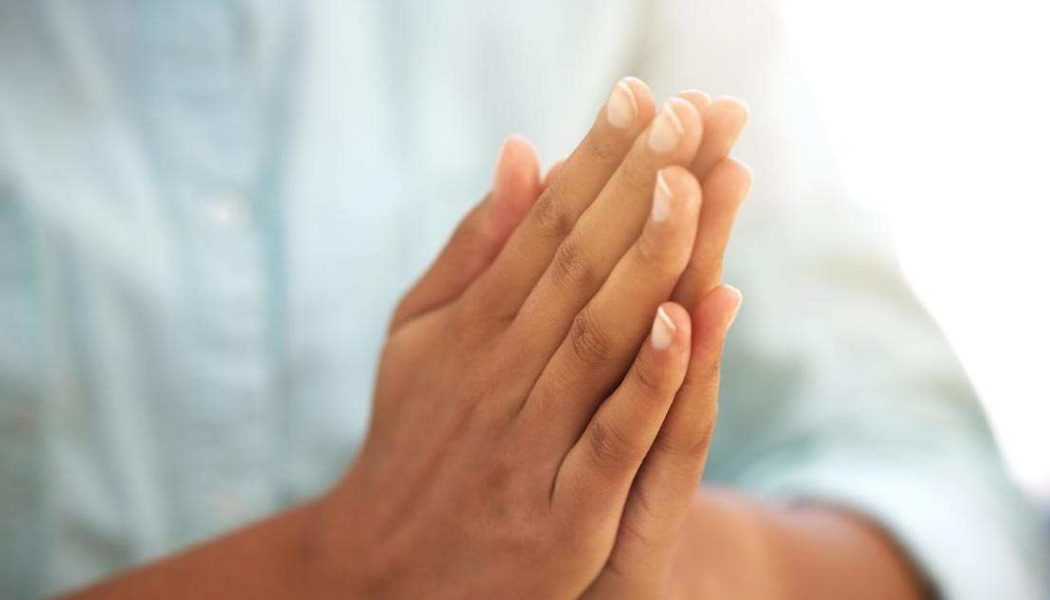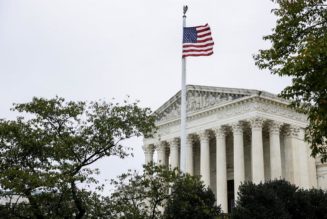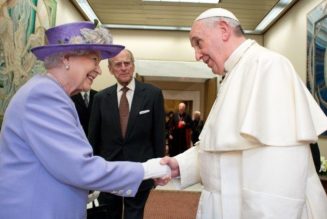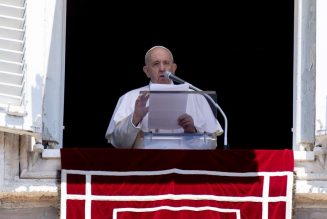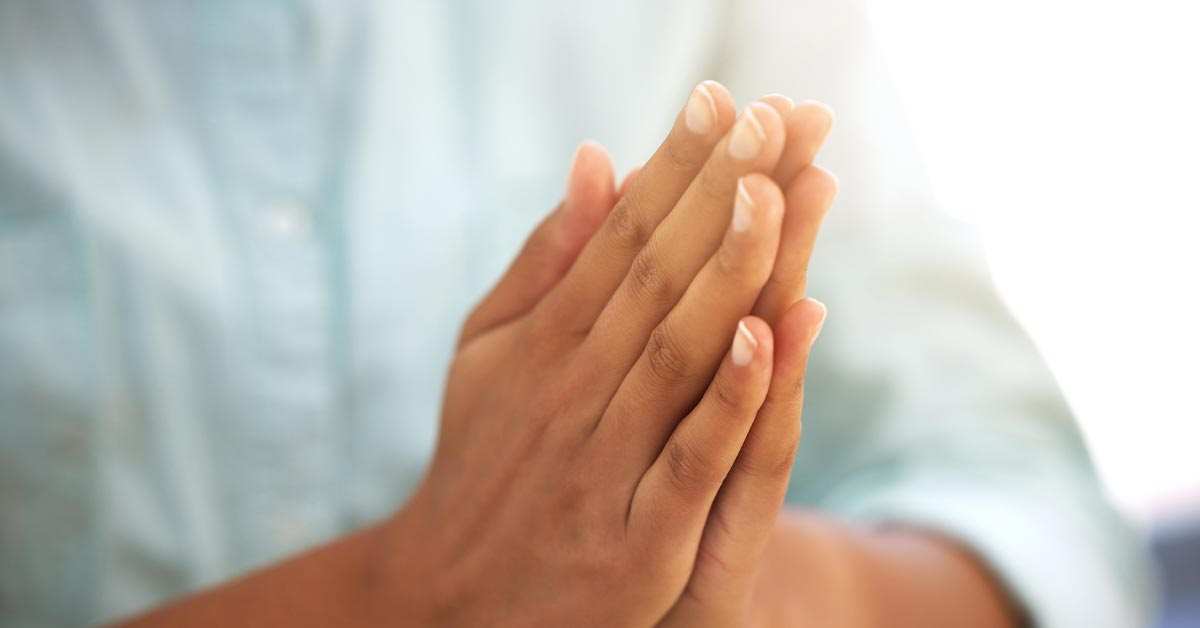
###Embeddable###
Story Highlights
- 81% believe in God, down from 87% in 2017
- New low in Gallup’s trend
- Four in 10 believe God can intervene on people’s behalf
WASHINGTON, D.C. — The vast majority of U.S. adults believe in God, but the 81% who do so is down six percentage points from 2017 and is the lowest in Gallup’s trend. Between 1944 and 2011, more than 90% of Americans believed in God.
Gallup’s May 2-22 Values and Beliefs poll finds 17% of Americans saying they do not believe in God.
Gallup first asked this question in 1944, repeating it again in 1947 and twice each in the 1950s and 1960s. In those latter four surveys, a consistent 98% said they believed in God. When Gallup asked the question nearly five decades later, in 2011, 92% of Americans said they believed in God.
A subsequent survey in 2013 found belief in God dipping below 90% to 87%, roughly where it stood in three subsequent updates between 2014 and 2017 before this year’s drop to 81%.
Gallup has also in recent years asked other questions aimed at measuring belief in God or a higher power. All find the vast majority of Americans saying they believe; when given the option, 5% to 10% have said they were “unsure.”
Younger, Liberal Americans Least Likely to Believe in God
Belief in God has fallen the most in recent years among young adults and people on the left of the political spectrum (liberals and Democrats). These groups show drops of 10 or more percentage points comparing the 2022 figures to an average of the 2013-2017 polls.
Most other key subgroups have experienced at least a modest decline, although conservatives and married adults have had essentially no change.
The groups with the largest declines are also the groups that are currently least likely to believe in God, including liberals (62%), young adults (68%) and Democrats (72%). Belief in God is highest among political conservatives (94%) and Republicans (92%), reflecting that religiosity is a major determinant of political divisions in the U.S.
###Embeddable###
Four in 10 Say God Can Hear Prayers, Intervene
A follow-up question in the survey probed further into what Americans’ belief in God entails. Specifically, the question asked whether God hears prayers and whether God intervenes when people pray.
About half of those who believe in God — equal to 42% of all Americans — say God hears prayers and can intervene on a person’s behalf. Meanwhile, 28% of all Americans say God hears prayers but cannot intervene, while 11% think God does neither.
###Embeddable###
Nearly three-quarters of the most religious Americans, defined as those who attend religious services every week, say they believe God hears prayers and can intervene, as do slightly more than half of conservatives and Republicans, as well as 25% of liberals and 32% of Democrats.
Thirty percent of young adults believe God hears prayers and can intervene.
###Embeddable###
Bottom Line
Fewer Americans today than five years ago believe in God, and the percentage is down even more from the 1950s and 1960s when almost all Americans did. Still, the vast majority of Americans believe in God, whether that means they believe a higher power hears prayers and can intervene or not. And while belief in God has declined in recent years, Gallup has documented steeper drops in church attendance, church membership and confidence in organized religion, suggesting that the practice of religious faith may be changing more than basic faith in God.
To stay up to date with the latest Gallup News insights and updates, follow us on Twitter.
Learn more about how the Gallup Poll Social Series works.
View complete question responses and trends (PDF download).
Join Our Telegram Group : Salvation & Prosperity
